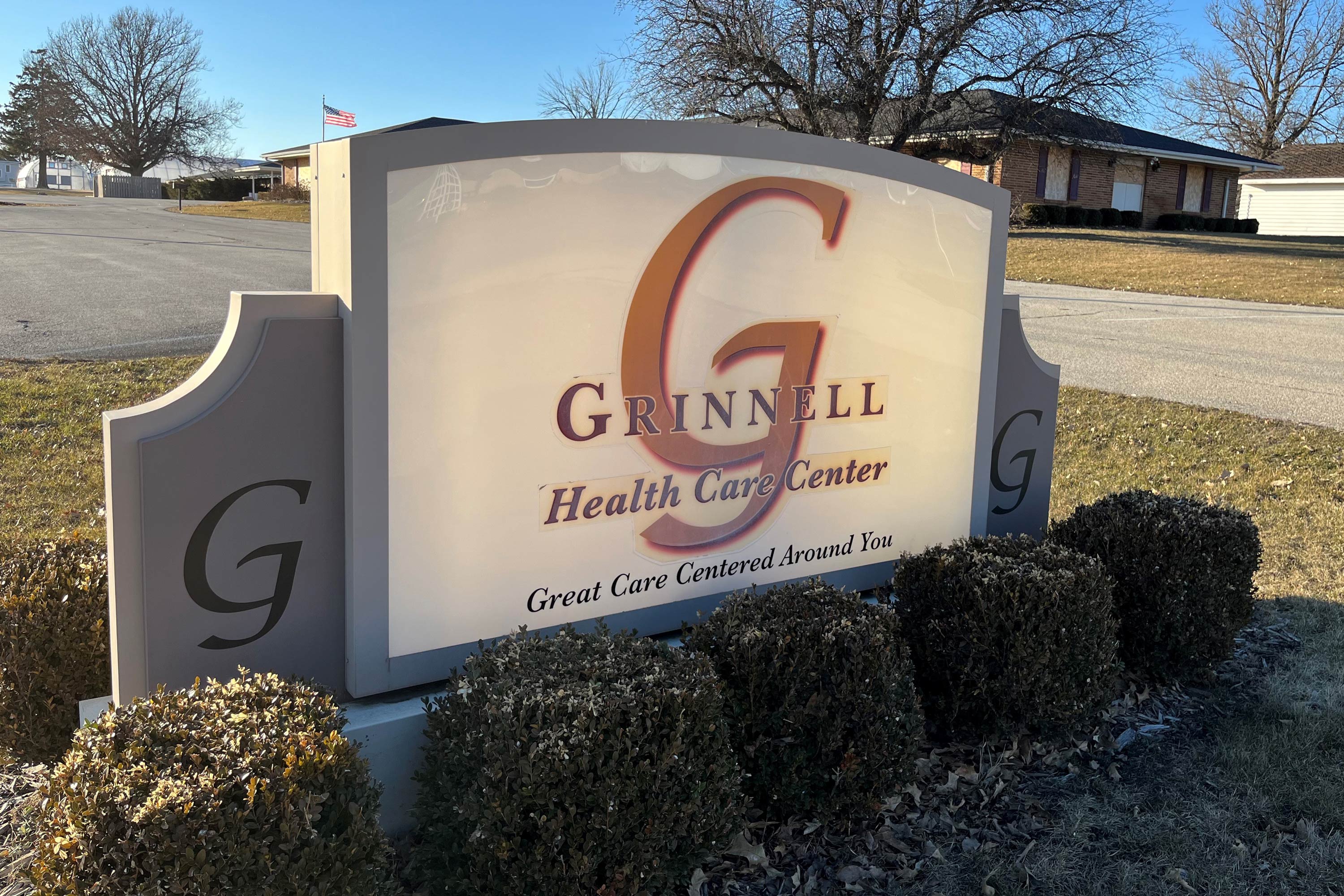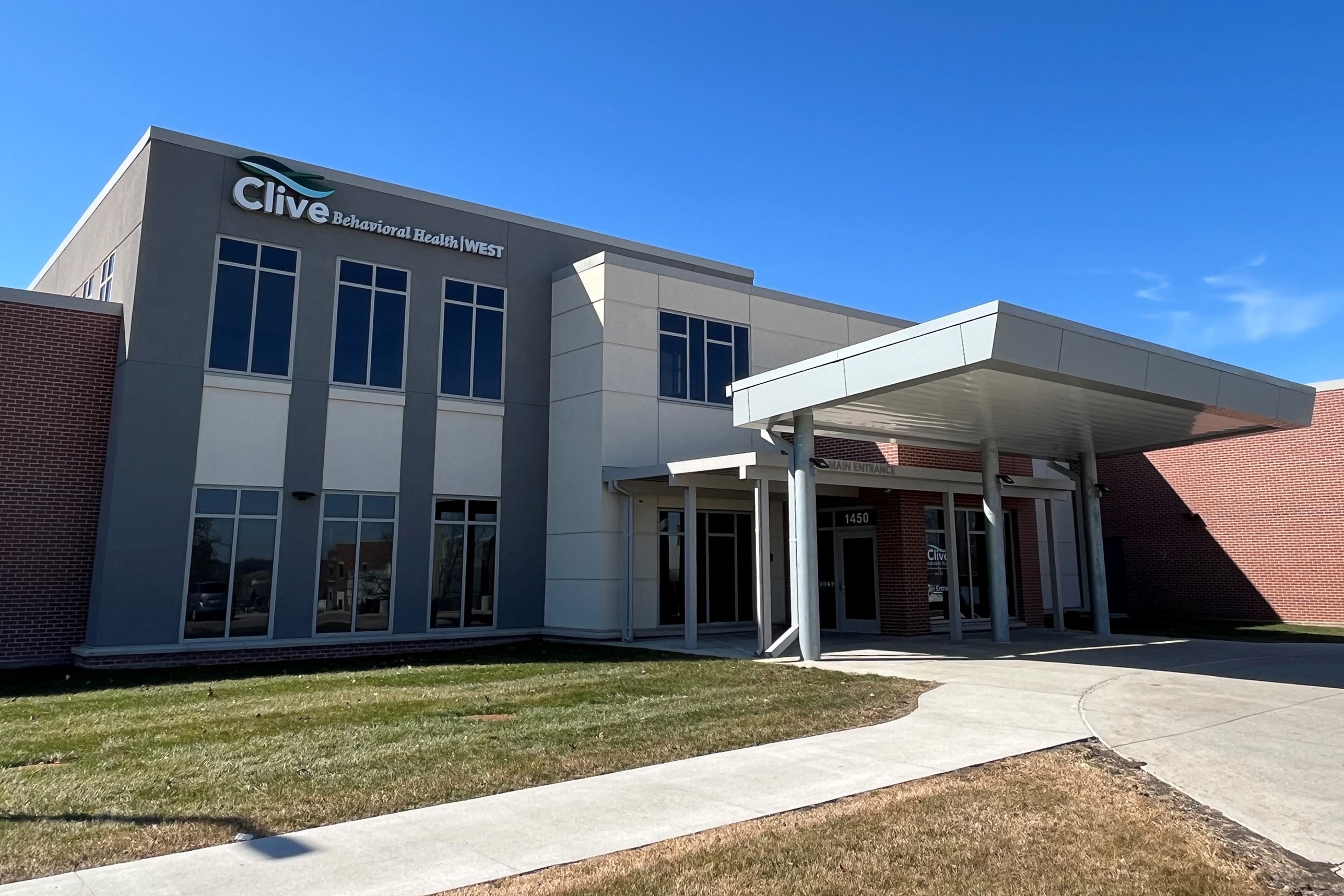This post was originally published on this site
GRINNELL, Iowa — A for-profit company has proposed turning a boarded-up former nursing home here into a psychiatric hospital, joining a national trend toward having such hospitals owned by investors instead of by state governments or nonprofit health systems.
The companies see a business opportunity in the shortage of inpatient beds for people with severe mental illness.
The scarcity of inpatient psychiatric care is evident nationwide, especially in rural areas. People in crisis often are held for days or weeks in emergency rooms or jails, then transported far from their hometowns when a bed opens in a distant hospital.
Eight nonprofit Iowa hospitals have shuttered their psychiatric units since 2007, often citing staffing and financial challenges. Iowa closed two of its four mental health institutions in 2015.
The state now ranks last in the nation for access to state-run psychiatric hospitals, according to the Treatment Advocacy Center. The national group, which promotes improving care for people with severe mental illness, recommends states have at least 50 state-run psychiatric beds per 100,000 people. Iowa has just two such beds per 100,000 residents, the group said.
Two out-of-state companies have developed psychiatric hospitals in Iowa in the past four years, and now a third company has obtained a state “certificate of need” to open a 60-bed facility in Grinnell.
Before 2020, Iowa had no privately owned, free-standing psychiatric hospitals. But several national companies specialize in developing such facilities, which treat people in crisis from conditions such as depression, schizophrenia, or bipolar disorder, sometimes compounded by drug or alcohol abuse. One of the companies operating in Iowa, Universal Health Services, says it has mental health facilities in 39 states.
Lisa Dailey, the Treatment Advocacy Center’s executive director, said that for-profit hospitals don’t necessarily provide worse care than nonprofit ones but that they tend to be less transparent and more motivated by money. “Private facilities are private,” she said. “As a result, you may not have a great insight into why they make the decisions that they make.”
Dailey said solid data on privately run mental health hospitals nationwide is scarce. But she has heard for-profit companies have recently set up free-standing psychiatric hospitals in several states, including California. The California Department of Public Health confirmed three such facilities have opened there since 2021, in Aliso Viejo, Madera, and Sacramento.
The latest Iowa psychiatric hospital would be housed in a vacant nursing home on the outskirts of Grinnell, a college town of 9,500 people in a rural region of the state. The project’s developers noted there are no other inpatient mental health facilities in Poweshiek County, where Grinnell is located, or in any of the eight surrounding counties. The nearest inpatient mental health facilities are 55 miles west in Des Moines.
The Indiana-based company proposing the hospital, Hickory Recovery Network, primarily runs addiction treatment centers in Indiana. But it opened psychiatric hospitals in Ohio and Texas in 2023 and 2024, and it told Iowa regulators it could open the Grinnell hospital by August.
An affiliated company ran the facility as a nursing home, called the Grinnell Health Care Center, until 2022, according to a Hickory Recovery Network filing with Iowa regulators.

Medicare rated the nursing home’s overall quality at just two out of five stars. And in 2020, the facility was suspended indefinitely from Iowa’s Medicaid program because of billing issues, state records show.
Officials from Hickory Recovery Network responded only briefly to California Healthline inquiries, including about how the former Iowa nursing home’s spotty record could affect the proposed psychiatric hospital.
In a short telephone interview in February, Melissa Durkin, the company’s chief operating officer, declined to say who owns Hickory Recovery Network.
Durkin denied in the interview that her organization was associated with the company that ran the defunct and troubled Grinnell nursing home.
However, Hickory Recovery’s application for a certificate of need refers to the nursing home operator as “Hickory’s affiliated company.” In testimony before Iowa regulators, Durkin made a similar reference as she expressed confidence her organization could find sufficient staff to reopen the facility as a psychiatric hospital. “We have a history with that building. We operated a nursing home there before,” she said at the video-recorded hearing.
Durkin said in the interview that company leaders had not decided for sure to redevelop the vacant Iowa nursing home into a psychiatric hospital, although they twice went through the complicated process of applying for a state “certificate of need” for the project. The first attempt was stymied in 2023 by a tie vote of the board that considers such permits, which are a major hurdle for large health care projects. The second application was approved by a unanimous vote after a hearing on Jan. 25.
Keri Lyn Powers, a Hickory executive, told regulators the company planned to spend $1.5 million to remodel the building. The main changes would include making rooms safe for people who might be suicidal, she said.
The company predicted in its application that 90% of the hospital’s patient revenues would come from Medicare or Medicaid, public programs for seniors or people who have low incomes or disabilities. It doesn’t mention that the nursing home was suspended from Iowa’s Medicaid program, which covers about half of the state’s nursing home residents.
Iowa authorities suspended the Grinnell Health Care Center nursing home in 2020 for failing to repay nearly $25,000 in overpayments from Medicaid, state records show. When the nursing home closed in 2022, its former medical director told the local newspaper part of the reason for its demise was its inability to collect Medicaid reimbursements. Iowa administrators recently notified the owners that the former nursing home owed $284,676 to Medicaid. A state spokesperson said in March that neither amount had been repaid.
The proposal to reopen the building as a psychiatric hospital won support from patient advocates, Grinnell’s nonprofit community hospital, and the regional mental health coordinator.
The only opposition at the state hearing came from Kevin Pettit, leader of one of Iowa’s two other private free-standing psychiatric hospitals. Pettit is chief executive officer of Clive Behavioral Health Hospital, a 100-bed facility in suburban Des Moines that opened in 2021. Pettit told regulators he supports expanding mental health services, but he predicted the proposed Grinnell facility would struggle to hire qualified employees.
He said despite strong demand for care, many Iowa psychiatric facilities are limiting admissions. “The beds exist, but they’re not actually open, … because we’re dealing with staffing issues throughout the state,” Pettit testified.
Overall, Iowa has 901 licensed inpatient mental health beds, including in psychiatric units at community hospitals, in free-standing psychiatric hospitals, and in the two remaining state mental health institutes, according to the Iowa Department of Health and Human Services. But as of January, just 738 of those beds were staffed and being used.
Pettit’s facility is run by Pennsylvania-based Universal Health Services in partnership with MercyOne, a hospital system based in the Des Moines area.

In an interview, Pettit said his hospital only has enough staff to use about half of its beds. He said it’s especially difficult to recruit nurses and therapists, even in an urban area with a relatively robust labor supply.
State inspectors have cited problems at the Clive facility, including four times declaring that deficiencies put patients’ safety in “immediate jeopardy.” Those issues included insufficient staff to properly monitor patients and insufficient safeguards to prevent access to items patients could use to choke or cut themselves.
Pettit said such citations are not unusual in the tightly regulated industry. He said the organization is committed to patient safety. “We value the review by our regulatory entities during the survey process and view any finding as an opportunity for continuous improvement of our operations,” he wrote in an email.
Iowa’s other privately owned psychiatric hospital, Eagle View Behavioral Health in Bettendorf, also has been cited by state inspectors. The 72-bed hospital was purchased in 2022 by Summit BHC from Strategic Behavioral Health, which opened the facility in 2020. Both companies are based in Tennessee.
State inspectors have cited the Bettendorf facility twice for issues posing “immediate jeopardy” to patient safety. In 2023, inspectors cited the facility for insufficient supervision of patients, “resulting in inappropriate sexual activity” between adult and adolescent patients. In 2021, the facility was cited for insufficient safety checks to prevent suicide attempts and sexual misconduct.
Eagle View officials did not respond to requests for comment.
Advocates for Iowa patients have supported the development of free-standing psychiatric hospitals.
Leslie Carpenter of Iowa City, whose adult son has been hospitalized repeatedly for severe mental illness, spoke in favor of the Grinnell facility’s application for a certificate of need.
In an interview afterward, Carpenter said she was optimistic the new facility could find enough staff to help address Iowa’s critical shortage of inpatient psychiatric care.
She said she would keep a close eye on how the new facility fares. “I think if a company were willing to come in and do the job well, it could be a game changer.”
This article was produced by KFF Health News, a national newsroom that produces in-depth journalism about health issues and is one of the core operating programs at KFF — the independent source for health policy research, polling, and journalism.